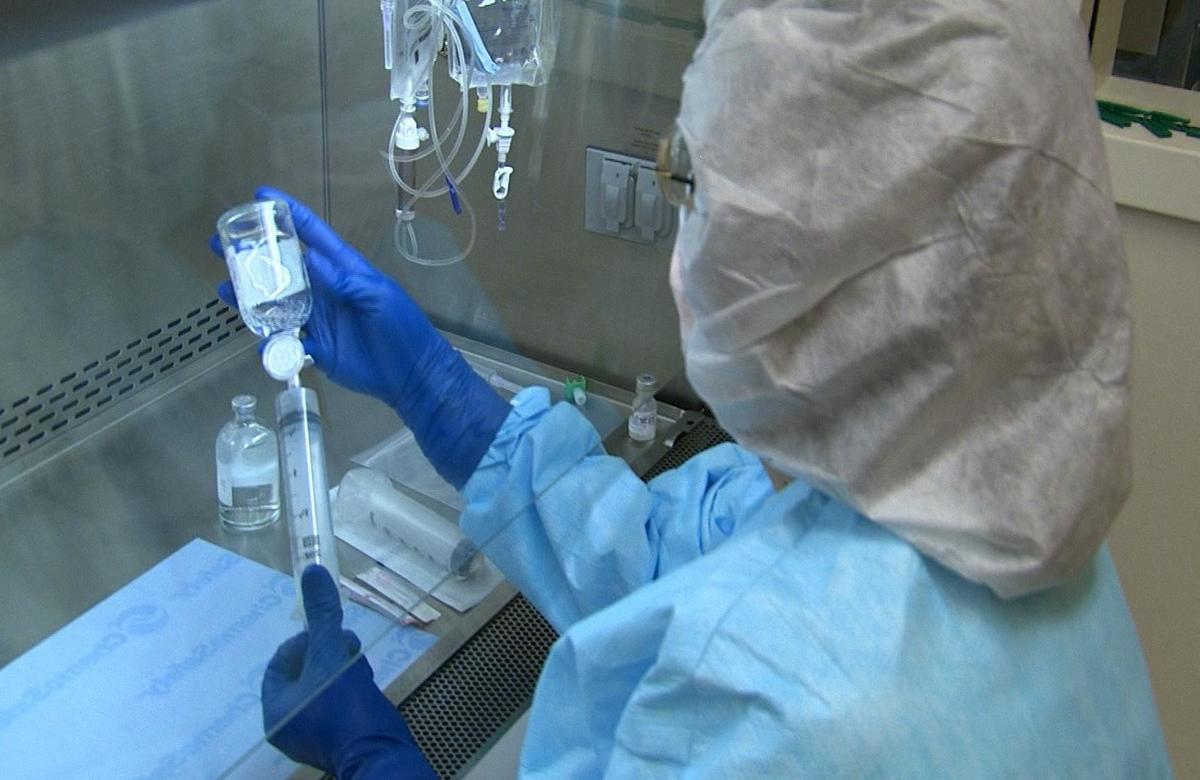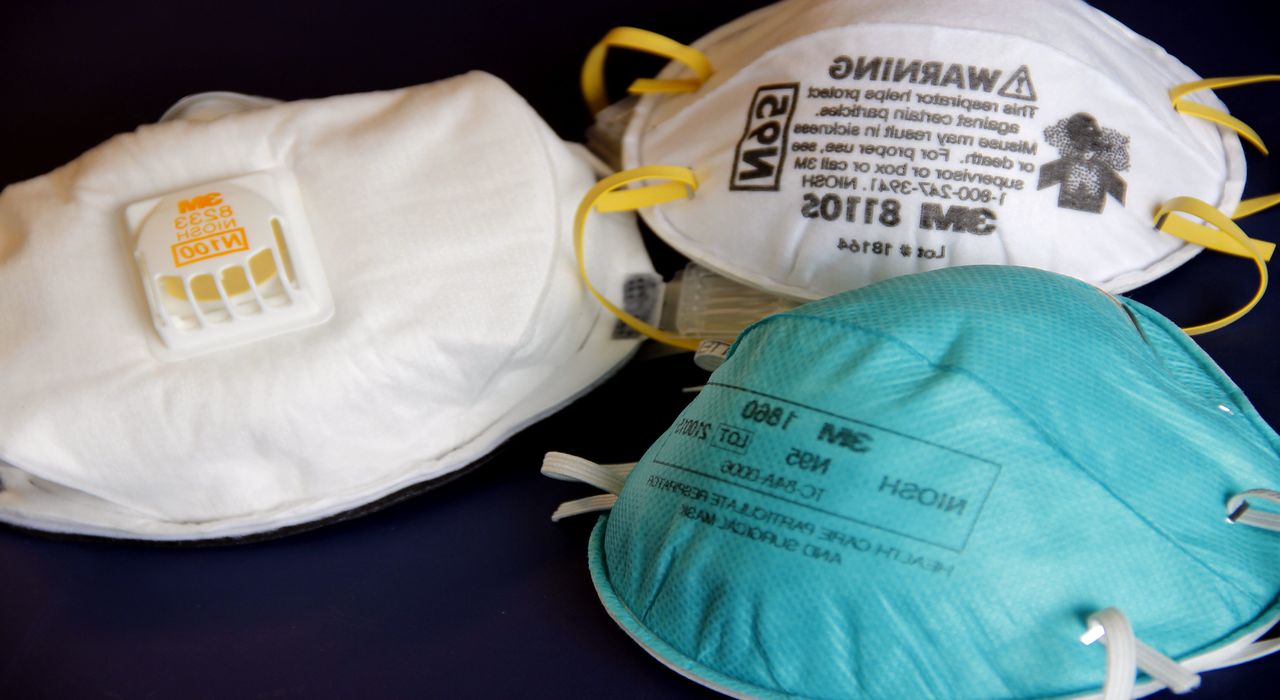
In a recent study published in the Proceedings of the National Academy of Sciences (PNAS), University of California San Diego researchers moved one step closer to the ability to make heparin in cultured cells. Heparin is a potent anti-coagulant and the most prescribed drug in hospitals, yet cell-culture-based production of heparin is currently not possible.

















